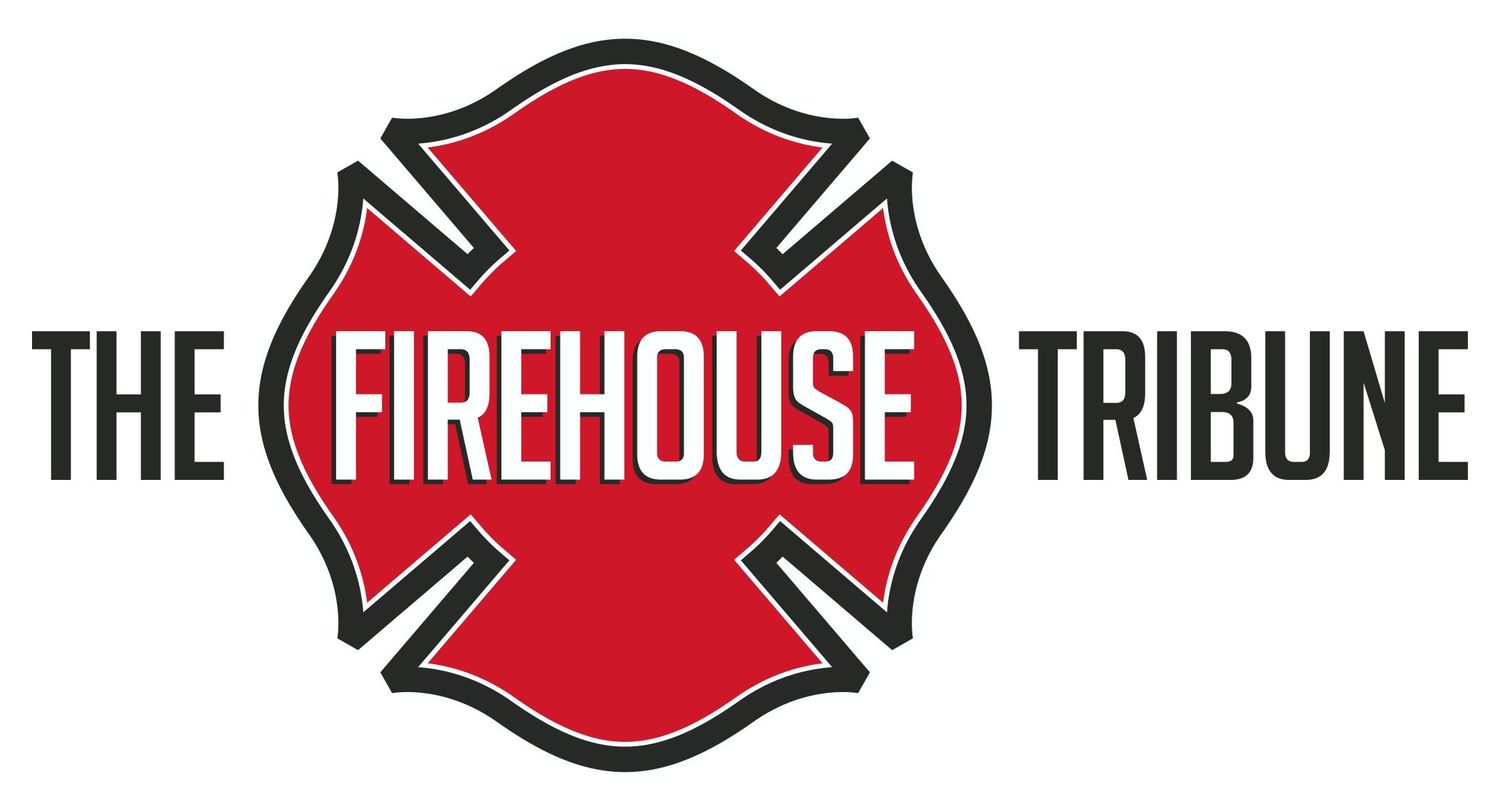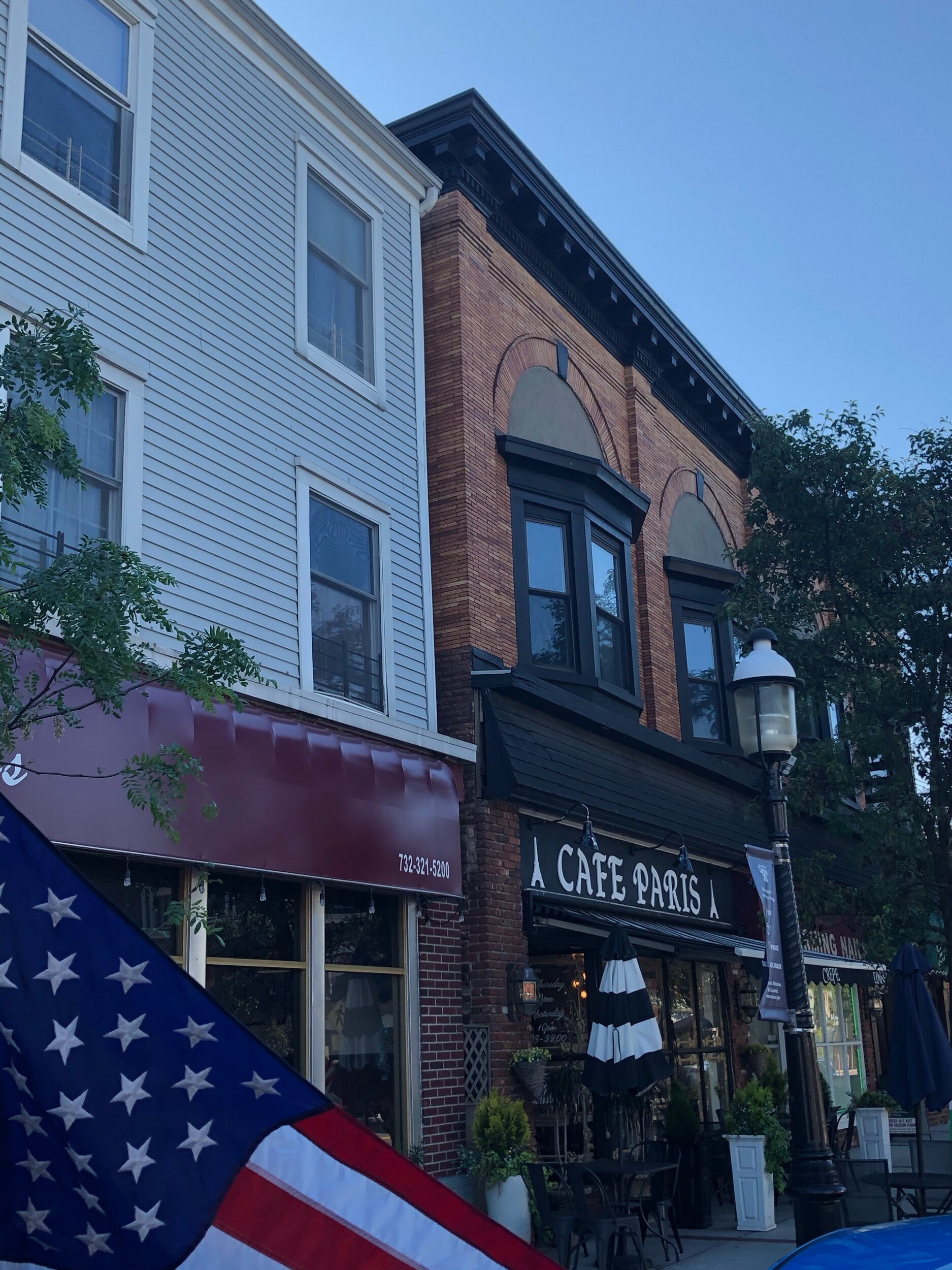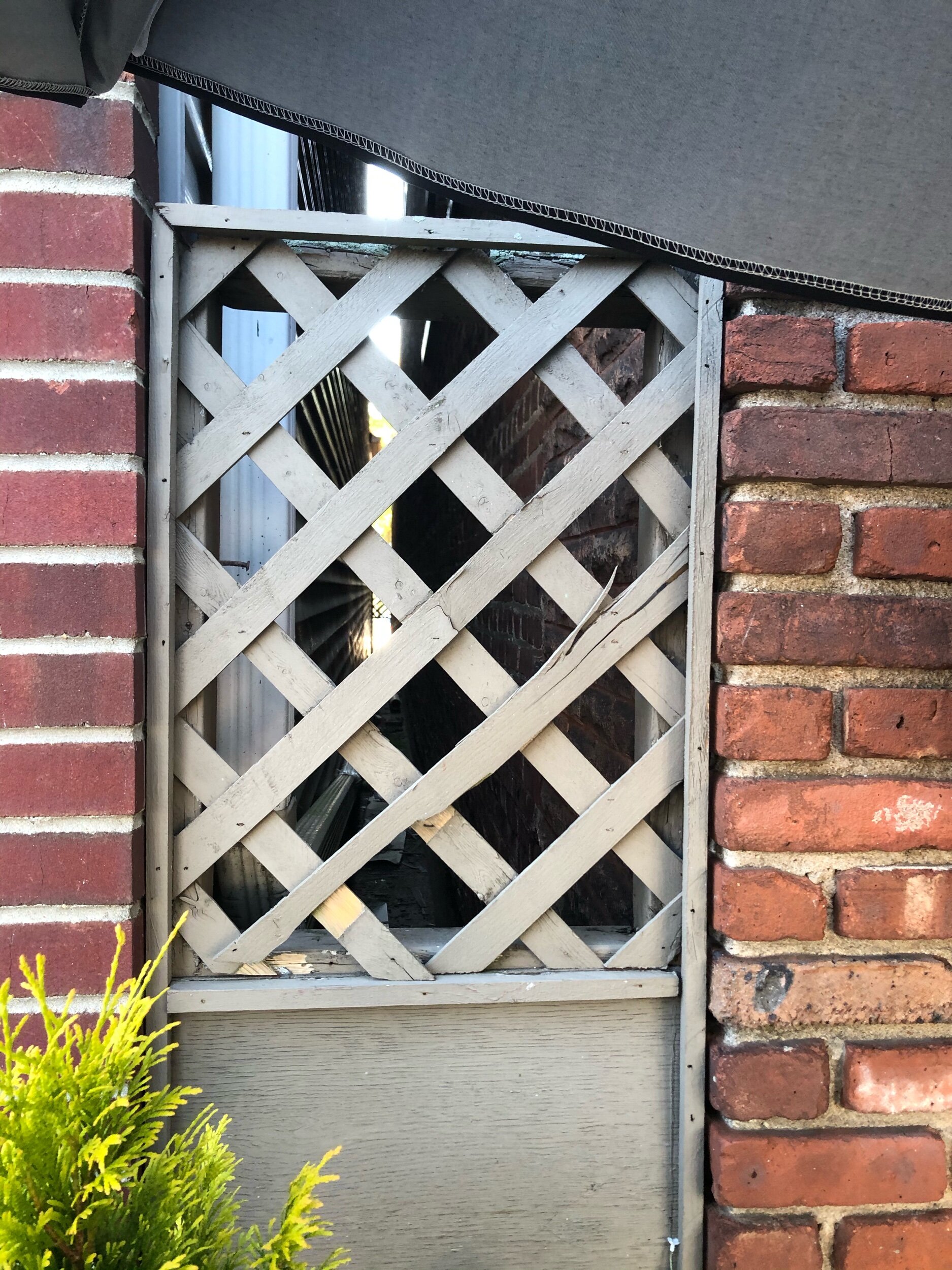The Fire Suppression Mindset
In the world of firefighting, there’s no such thing as perfect conditions. Smoke, heat, chaos, and unpredictability define the job. That is why fire suppression isn’t just a task but a mindset.
Hear me out. We don’t wait for perfect conditions. We make them better.
Fire doesn’t pause for us to plan. It grows, it evolves, and it destroys. Those who wait get left behind or worse, overrun. Fire suppression demands decisive action and calculated aggression. We don’t control the conditions we enter—but we can control how we respond.
That’s the core of the fire suppression mindset: create order out of chaos. Make things better by moving with purpose, not hesitation. The fire doesn’t back down and neither do we. As we know and I have said many times, every fire is different. Every layout, incident and hazard present its own set of problems. But the mission remains the same: protect life, preserve property, stabilize the incident and dominate the fire.
This job doesn’t allow for fear-based hesitation. It demands a relentless mindset. A minset one where backing down is not an option. We push forward with purpose because lives depend on it.
Aggressive But Calculated
We hit it hard and fast but we don’t act recklessly. We know our tools, we understand the flow path and we make decisions based on training, experience and instinct. Controlled aggression is what stops fire in its tracks.
Disciplined Under Pressure
When the heat rises, emotions follow. But discipline is what separates elite fireground performance from disorganized chaos. Staying calm and focused in the storm saves lives, ours and theirs.
Committed to the Mission
This isn’t just a job, it’s a calling. Firefighters who embrace the suppression mindset know that we train for worst-case scenarios so we can operate at our best when it matters most.
Fire Suppression is more than a knockdown, it’s a mindset. Fire suppression isn’t just about flowing water. It’s about preparation, grit, and refusing to settle for mediocrity. Whether you're first due on the nozzle or coming in second due as a backup line, this mindset defines how you approach the incident, your crew, and yourself.
Stay aggressive. Stay sharp. Stay committed.
Because when the alarm drops, you bring the fight.
Until next time, work hard, stay safe & live inspired.



















